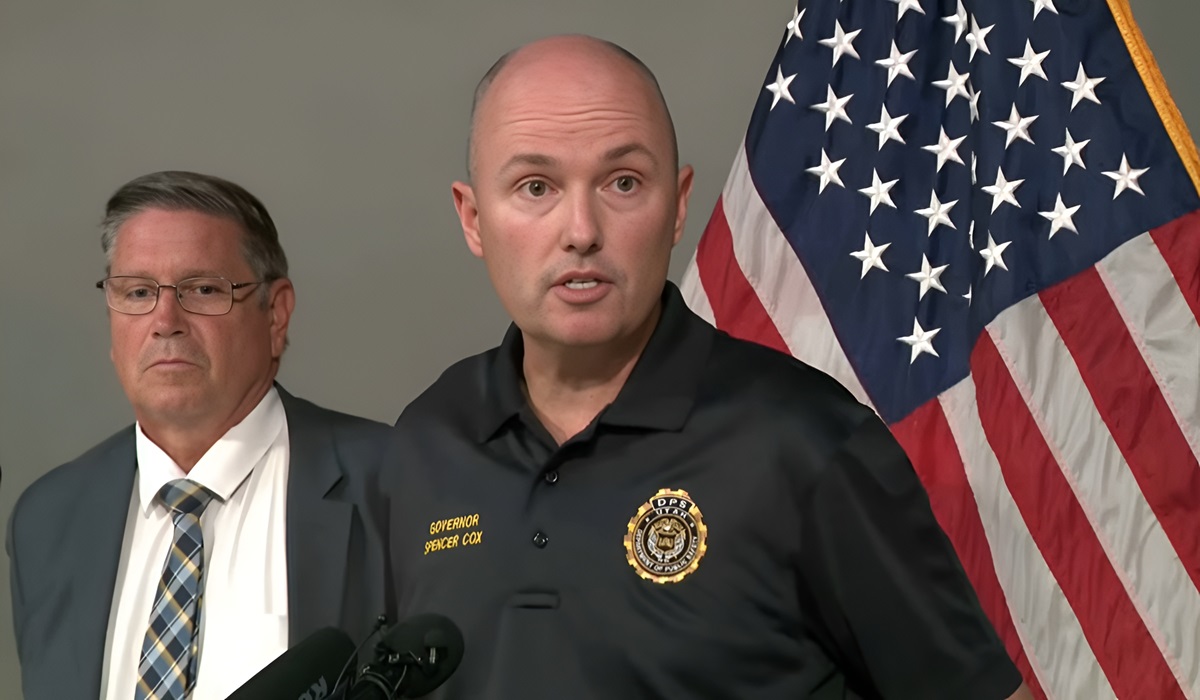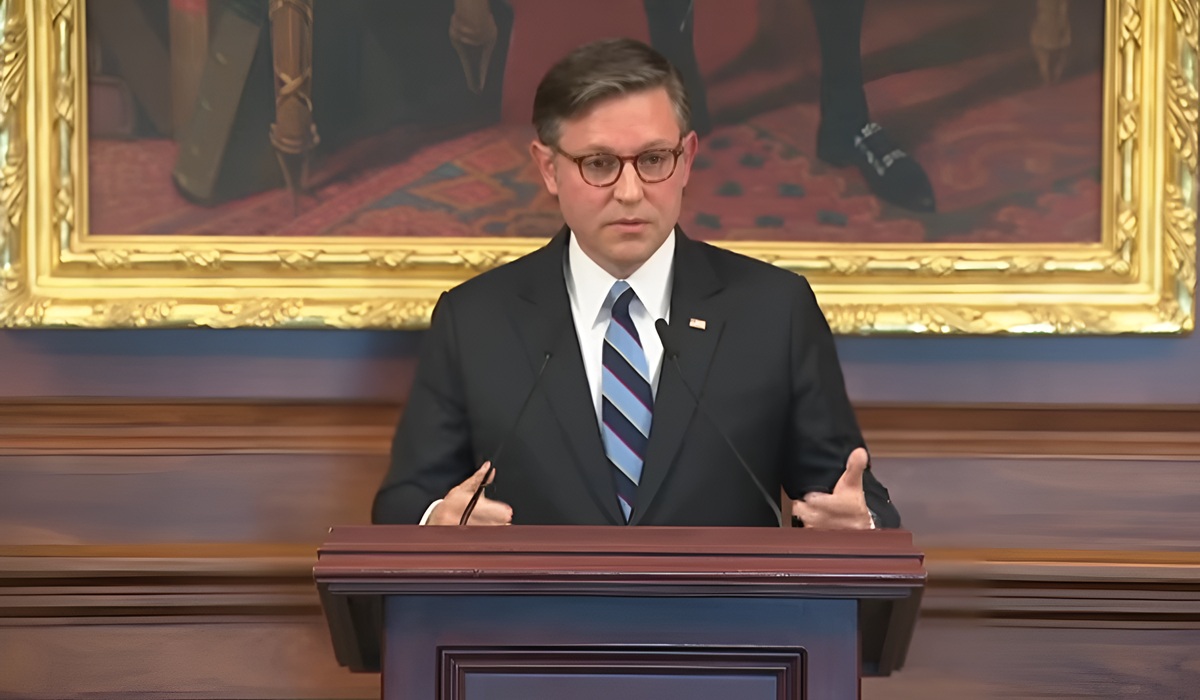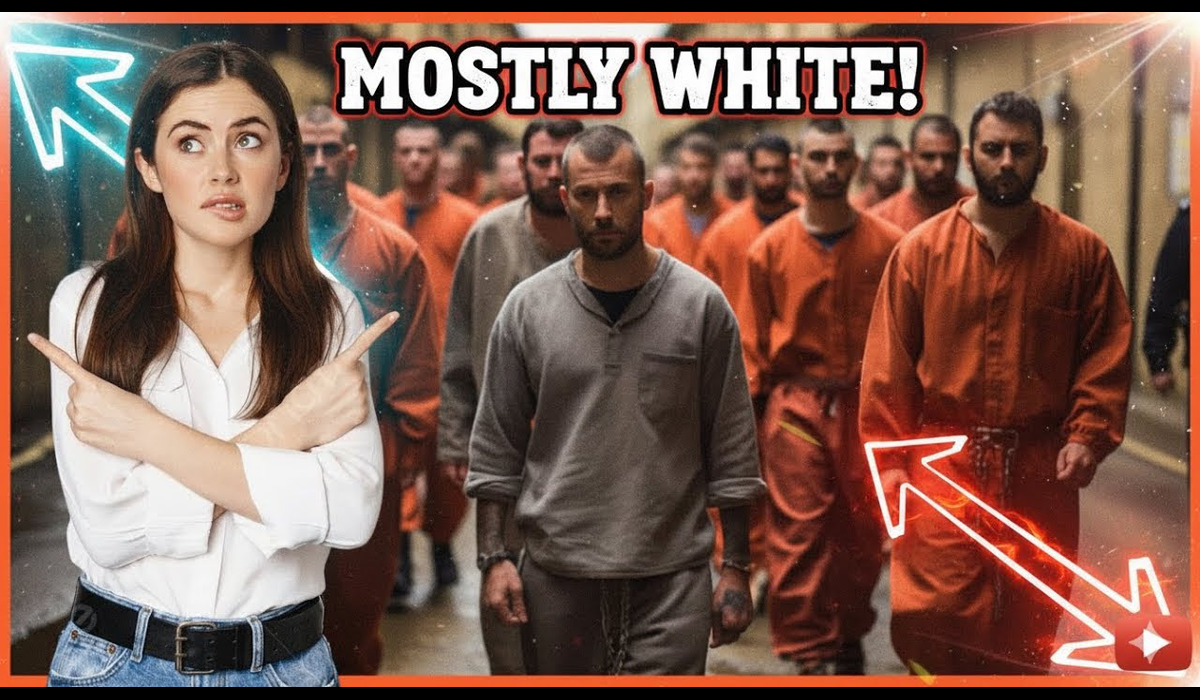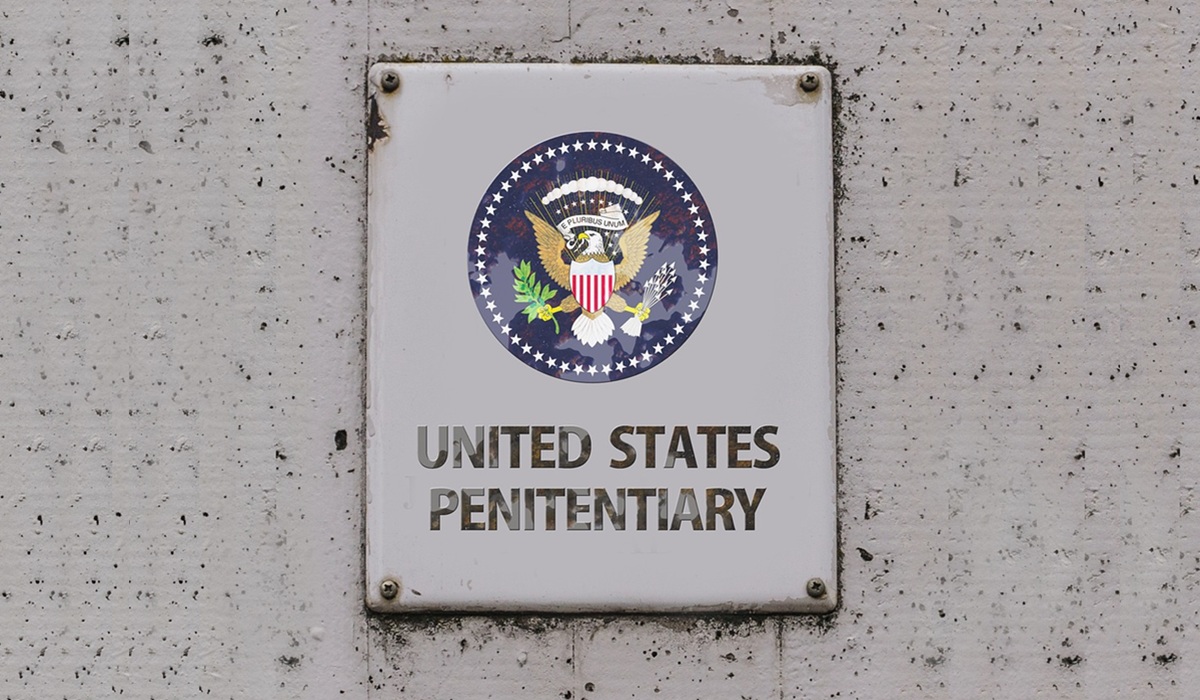America’s Anger: The Tragic Shooting of Charlie Kirk and the Political Climate
- Xuemei Pal
- U.S.A
- September 11, 2025

On September 10, 2025, the United States witnessed a tragic event that underscored the deepening divisions within its political landscape. Charlie Kirk, a prominent conservative activist and founder of Turning Point USA, was fatally shot during a campus event at Utah Valley University. The incident, described by authorities as a “political assassination,” has not only left a void in the conservative movement but also ignited a national conversation about the state of American politics.
Kirk was delivering a speech as part of his “American Comeback Tour” when a single shot struck him in the neck. The assailant, dressed in all-black tactical gear, including a helmet, mask, and aviator glasses, fired from a nearby building approximately 200 yards away. The shooting occurred about 20 minutes into the event, sending attendees into a panic. Kirk was rushed to a local hospital but succumbed to his injuries shortly after.
Initially, authorities detained a person of interest in connection with the shooting. However, after an FBI interrogation, the individual was released, and the search for the true perpetrator continues. The conflicting statements from law enforcement agencies have added to the confusion and uncertainty surrounding the case.
In the wake of this tragedy, the political climate in Washington has come under intense scrutiny. Critics argue that the current administration’s rhetoric and policies have contributed to an environment where political violence is becoming increasingly normalized. President Donald Trump’s second term has been marked by a series of controversial actions, including the rollback of environmental regulations, aggressive immigration policies, and the targeting of marginalized communities.
These actions have not only deepened existing divisions but have also fueled a sense of anger and frustration among many Americans. The perception that the rich are getting richer while the poor are getting poorer has led to widespread disillusionment with the political system. This sentiment is particularly prevalent among working-class voters who feel left behind by the economic policies of the past decades.
The rise of political violence, exemplified by the shooting of Charlie Kirk, is a disturbing manifestation of this anger. While the motives behind the attack remain unclear, it serves as a stark reminder of the dangers posed by a polarized political climate. The incident has prompted calls for greater civility in political discourse and a reevaluation of the rhetoric used by public figures.
However, some argue that the current administration’s approach to governance is a reflection of the will of the people. Supporters contend that Trump’s policies are addressing the concerns of those who feel neglected by previous administrations. They believe that the president’s confrontational style is necessary to challenge the entrenched interests that have dominated Washington for years.
Despite these differing perspectives, it is clear that the political climate in Washington needs to change. The events surrounding the shooting of Charlie Kirk highlight the urgent need for leaders to promote unity and understanding rather than division and animosity. As the nation grapples with this tragedy, it is an opportune moment to reflect on the values that should guide American democracy.
The path forward will require a concerted effort from all political leaders to engage in constructive dialogue and work towards solutions that address the concerns of all Americans. It is only through such efforts that the nation can hope to heal the wounds of division and move towards a more inclusive and just society.
The shooting of Charlie Kirk is not just an isolated incident but a reflection of the broader challenges facing American democracy. It underscores the need for a political climate that values respect, understanding, and cooperation over hostility and division. The future of the nation depends on the ability of its leaders and citizens to come together and work towards a common purpose. Only then can the United States hope to live up to its ideals and fulfill its promise as a beacon of democracy in the world.








